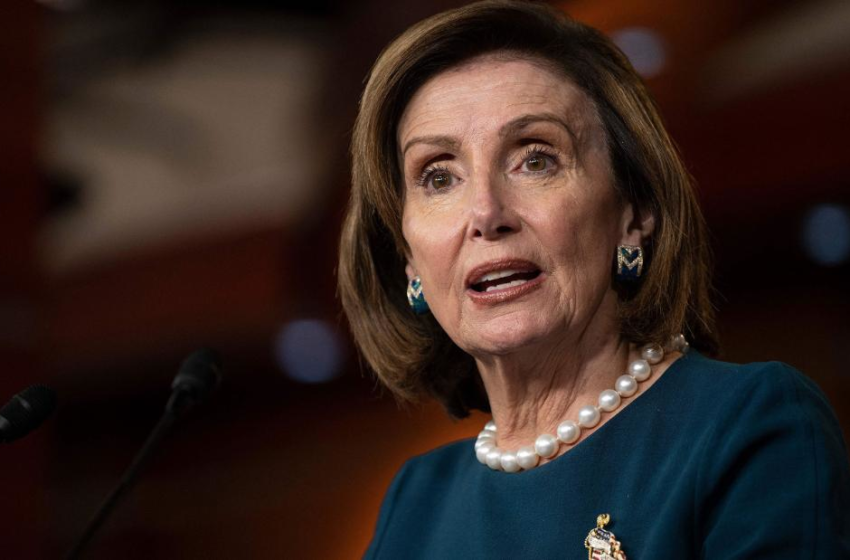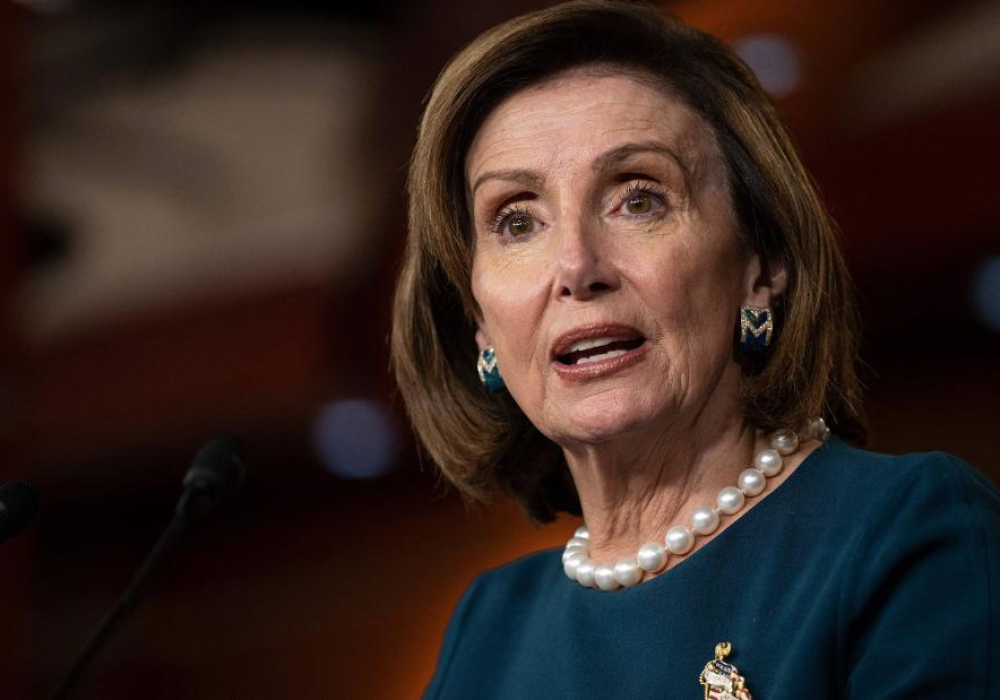The sweeping $1.9 trillion economic legislation stands as a pillar of Biden’s domestic agenda. It would deliver on key Democratic priorities by dramatically expanding social services for Americans, working to mitigate and address the climate crisis, increasing access to health care and delivering aid to families and children.
Democrats had been waiting for cost estimates from the nonpartisan Congressional Budget Office before voting on the legislation after moderates demanded the information.
The White House is now trying to make the case that the bill will be fully paid for, despite the CBO analysis showing a shortfall.
Senior White House officials Brian Deese and Louisa Terrell met with moderate House Democrats after the numbers were released, according to a person with knowledge of the matter.
As a result, Democrats are working hard to keep their fragile coalition of moderates and progressives united behind the package. The legislation has already been the subject of intense disputes between warring party factions in the House, and Democrats have no margin for error in the Senate.
The legislation will likely have to be altered, potentially significantly, to get every member of the Senate Democratic caucus to vote for it as key members raise major concerns with the contents of the bill.
Speaker Nancy Pelosi said at her weekly press conference Thursday that the legislation is on track to for a vote in the House after a vote on a rule governing floor debate. “We will vote on the rule and then on the bill. Those votes will hopefully take place later this afternoon,” she said.
What’s in the legislation
The Build Back Better Act represents a central part of Biden’s policy agenda and an attempt by congressional Democrats to go it alone without GOP support to enact a major expansion of the social safety net.
The Build Back Better Act is an effort by Democrats to build on that investment in traditional infrastructure by making extensive investments to ramp up social programs and address the climate crisis.
The Congressional Budget Office’s analysis of the bill is that it adds $367 billion to the deficit. But that score does not include revenue from tighter IRS enforcement. The CBO estimated earlier that would raise $207 billion.
Obstacles ahead in the Senate
In a warning sign for the party, Manchin, the most important swing vote who has expressed major concerns over a variety of elements of the bill, told CNN on Thursday that he has not decided whether to support voting to proceed to the Build Back Better bill, the critical first vote to take up the measure in the Senate. Any one Democratic defection would stall the effort.
“No,” Manchin said when asked if he had made a decision to vote to proceed. “I’m still looking at everything.” The comments reflect that Manchin is still not on board with the legislation and signal the tough road ahead for Democrats.
The West Virginia Democrat said that he wants to see the final numbers from the Congressional Budget Office and changes made to the bill. “I just haven’t seen the final, the final bill. So when the final bill comes out, CBO score comes out, then we’ll go from there,” he said.
A fight is also brewing over a controversial tax provision that some progressives have decried as a giveaway to the rich.
Sen. Bernie Sanders, the Vermont independent and chairman of the Senate Budget Committee, on Thursday railed on the House provisions dealing with the state and local tax deductions, calling it “wrong” and “bad politics.”
“Democrats correctly have campaigned on the understanding that amidst massive income and wealth inequality, we’ve got to demand that the wealthy start paying their fair share of taxes, not give them more tax breaks,” Sanders said.
“So what I can tell you is I am working with a number of Democrats who share that concern, and I hope as soon as possible to come up with a plan. But bottom line is we have to help the middle class and not the one percent.”
Democratic Rep. Jared Golden of Maine announced ahead of the final House vote that he would vote against the bill, citing the tax provision.
Pelosi defended the legislation against criticism that wealthy Americans will benefit disproportionately as a result of the provisions.
“That’s not about tax cuts for wealthy people. It’s about services for the American people,” she said earlier in the day.
“This isn’t about who gets a tax cut. It’s about which states get the revenue that they need in order to meet the needs of the people, and that is a fight that I will continue to make.”
This story and headline have been updated with additional developments Thursday.
CNN’s Lauren Fox, Annie Grayer and Katie Lobosco contributed to this report.











